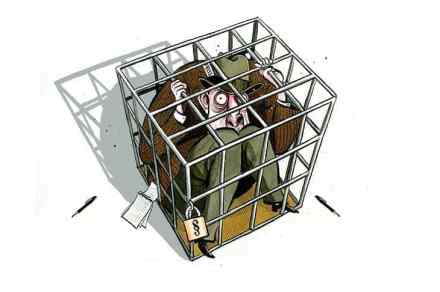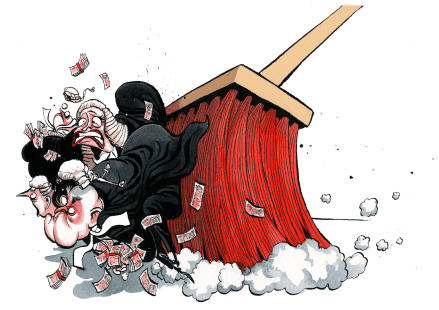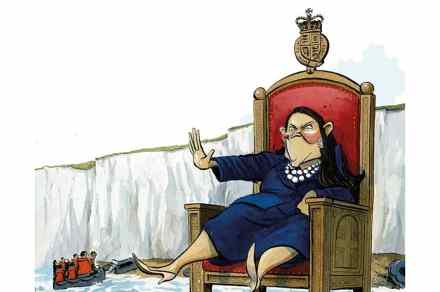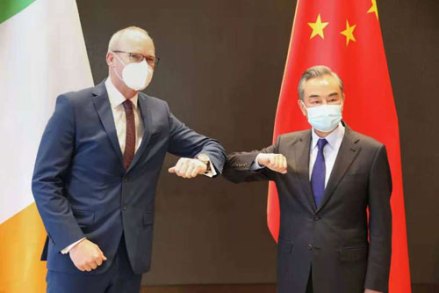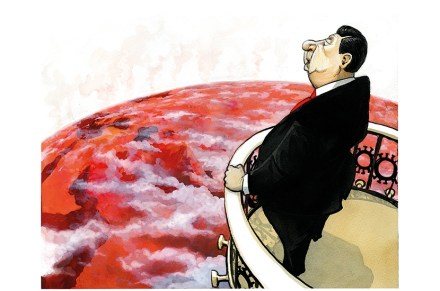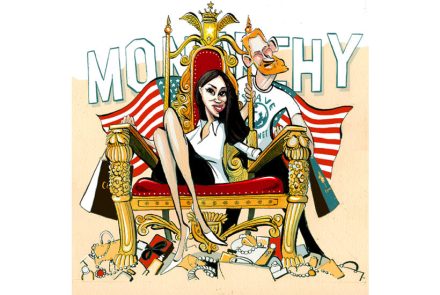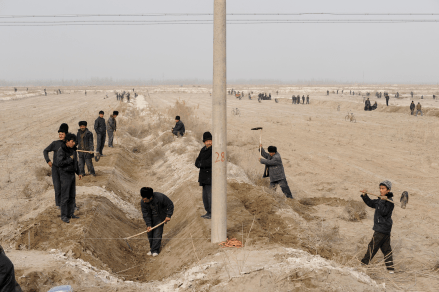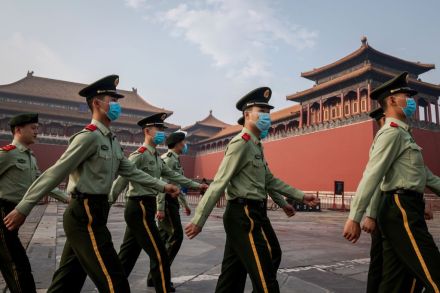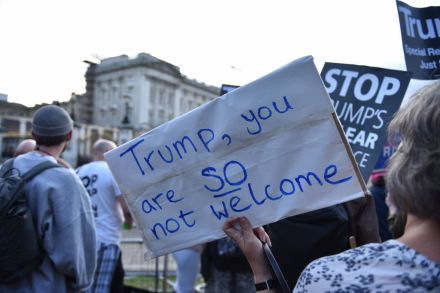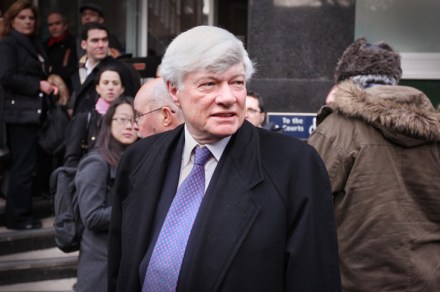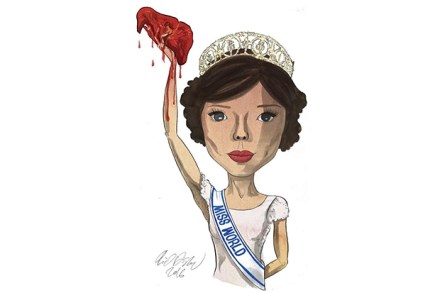The human rights clampdown on free speech
On Wednesday, in a decision that ought to get a good deal more attention than it will, our Supreme Court said that it was unacceptable that the press should be allowed to tell us that someone is being investigated by the police. It confirmed that someone in that position, an international businessman being investigated over alleged serious irregularities and frauds, had rightly been awarded a five-figure sum in damages from Bloomberg when it entirely truthfully pointed out that fact. Known only as ZXC, the man, said their Lordships, had a reasonable expectation of keeping disreputable matters like that quiet, even if they became known. From this it followed that unless
